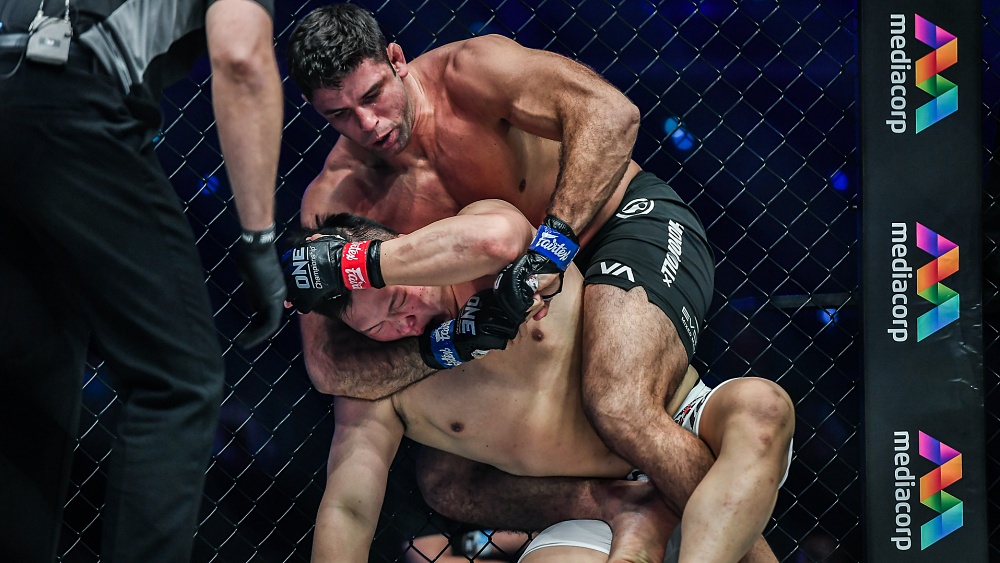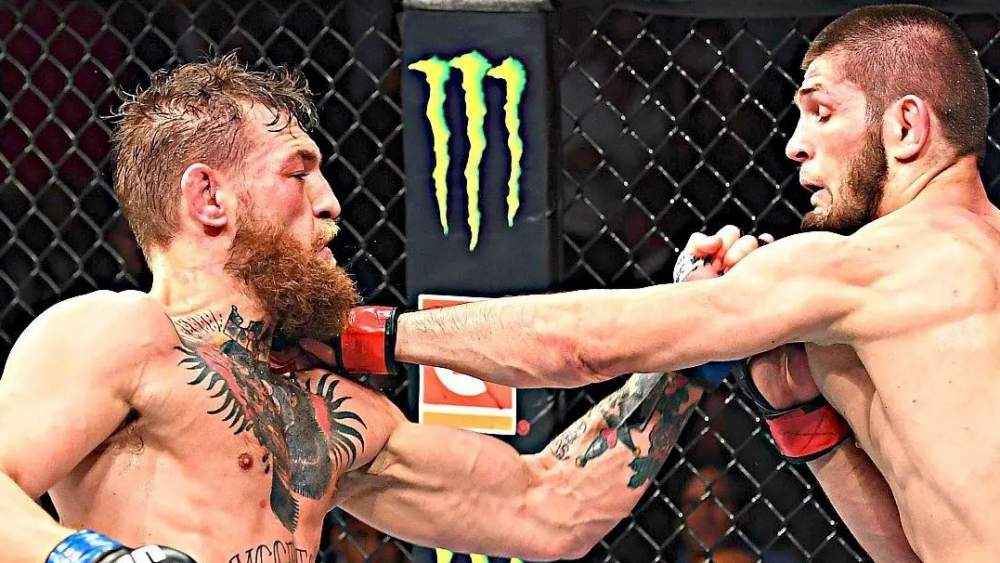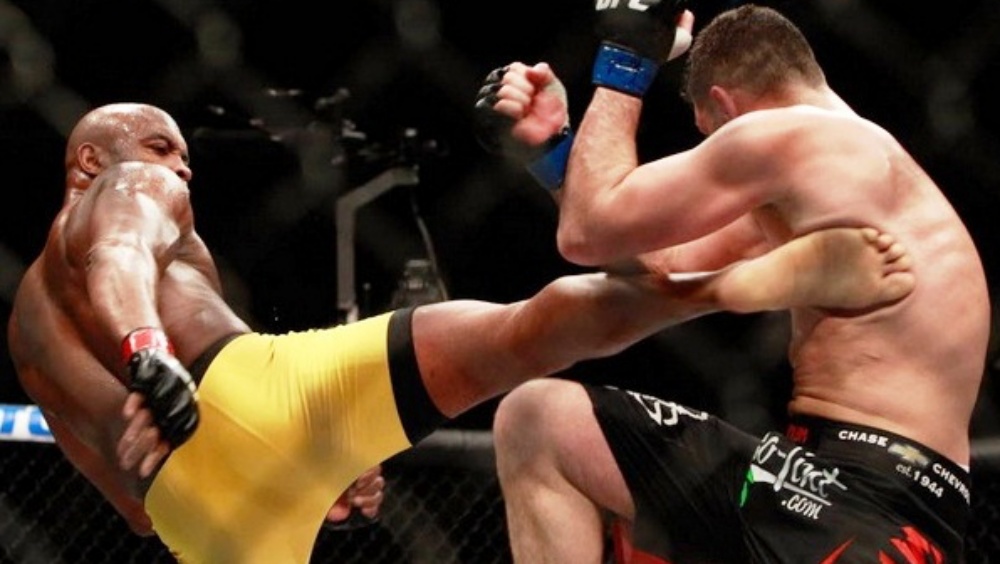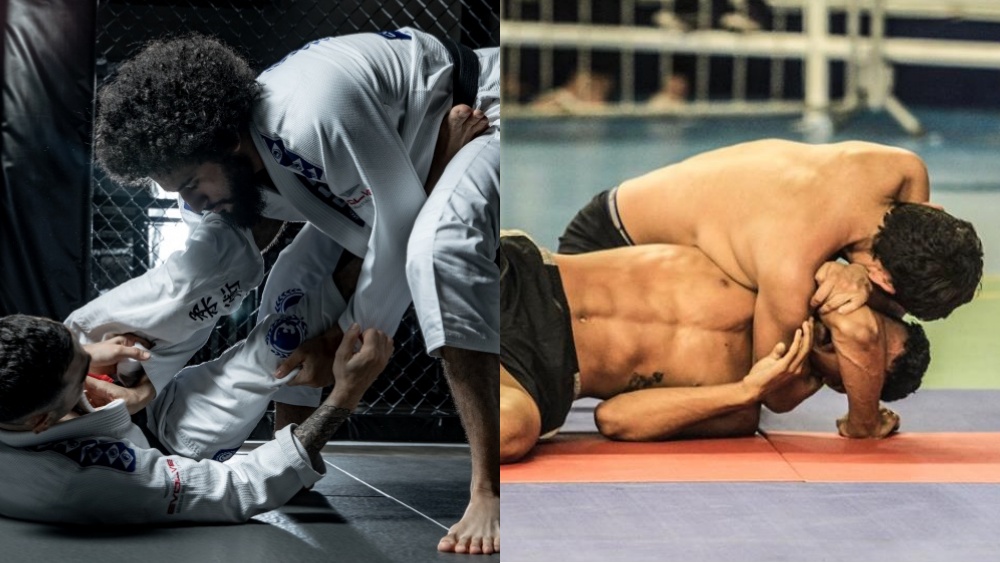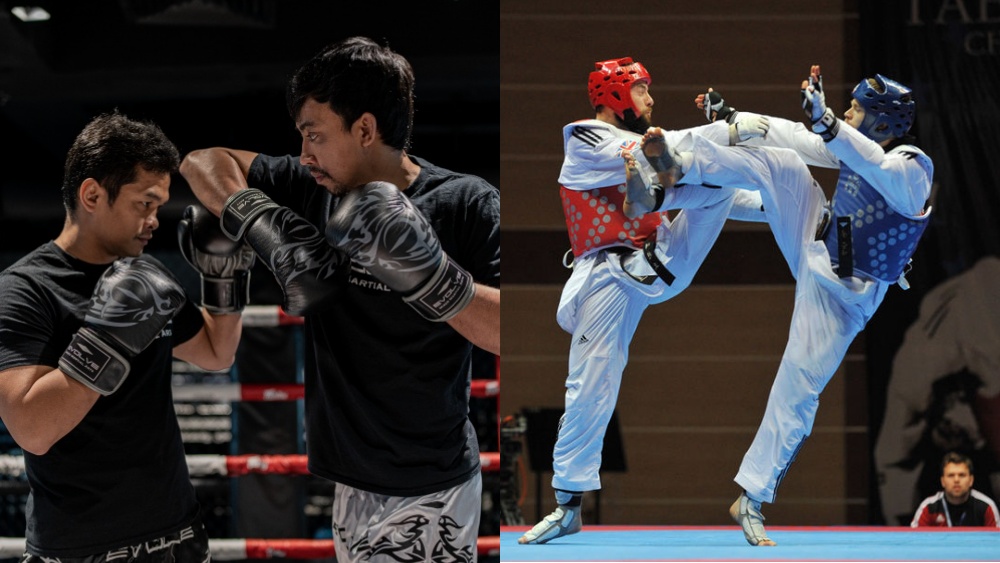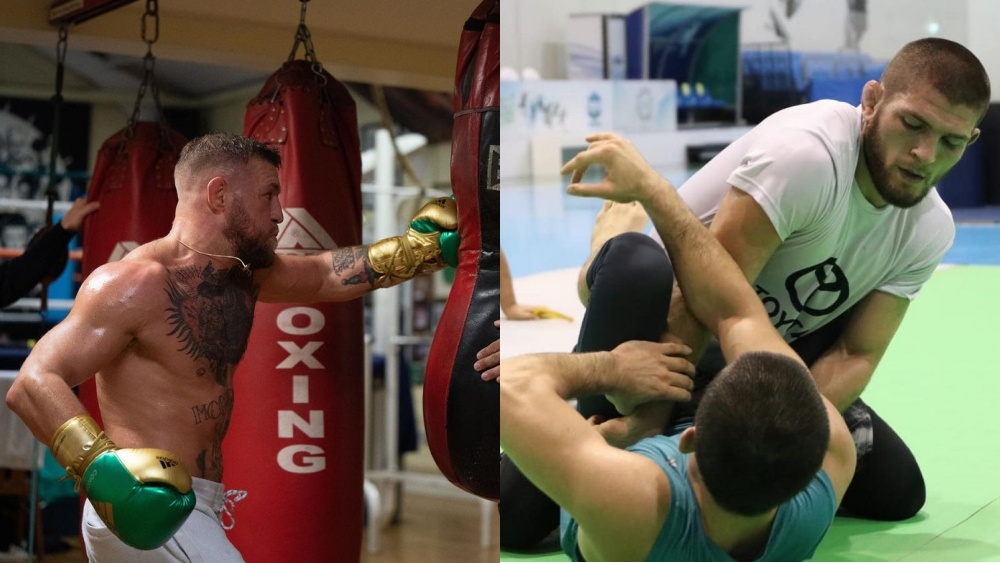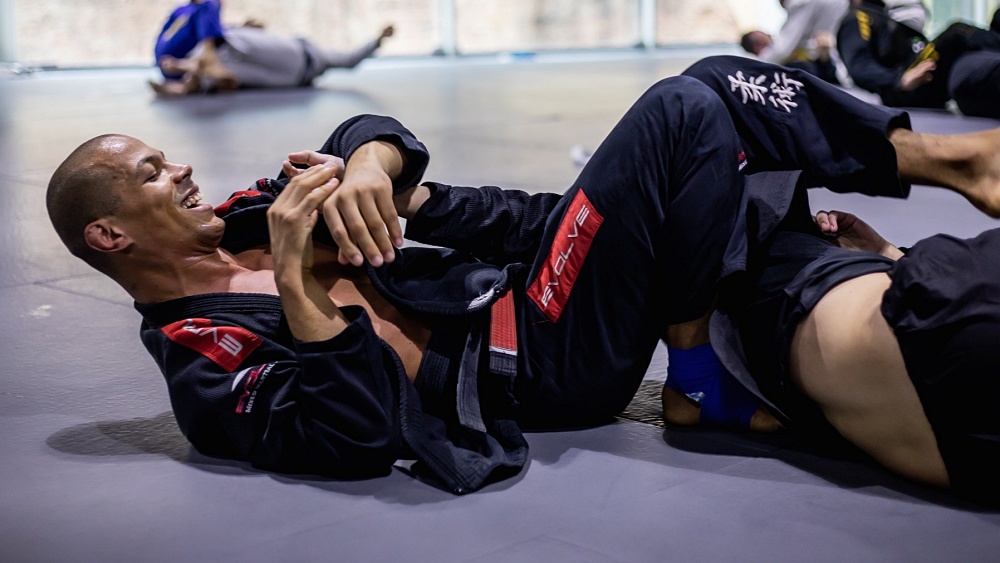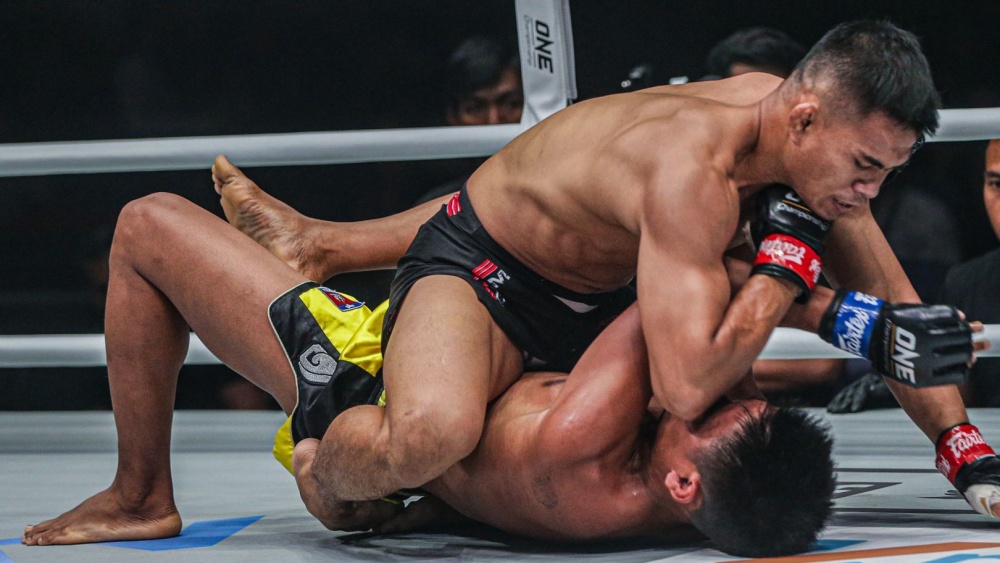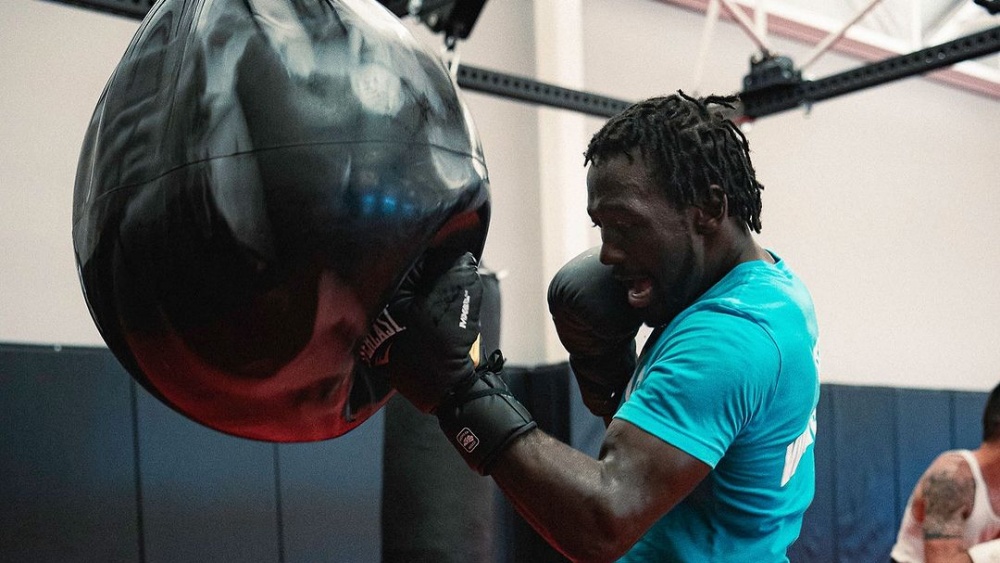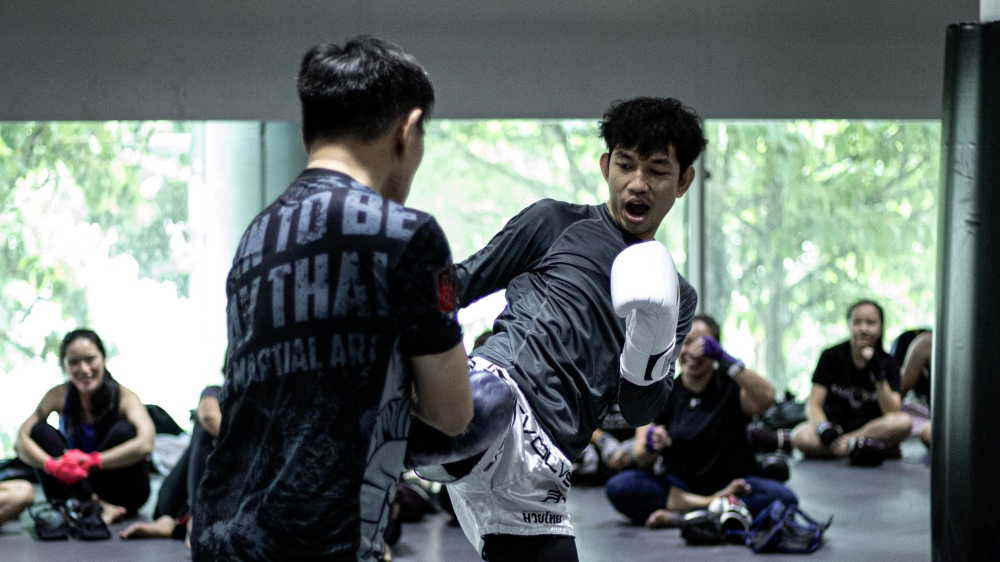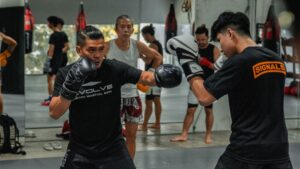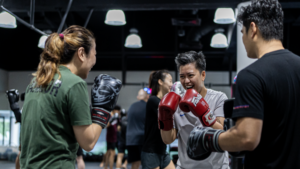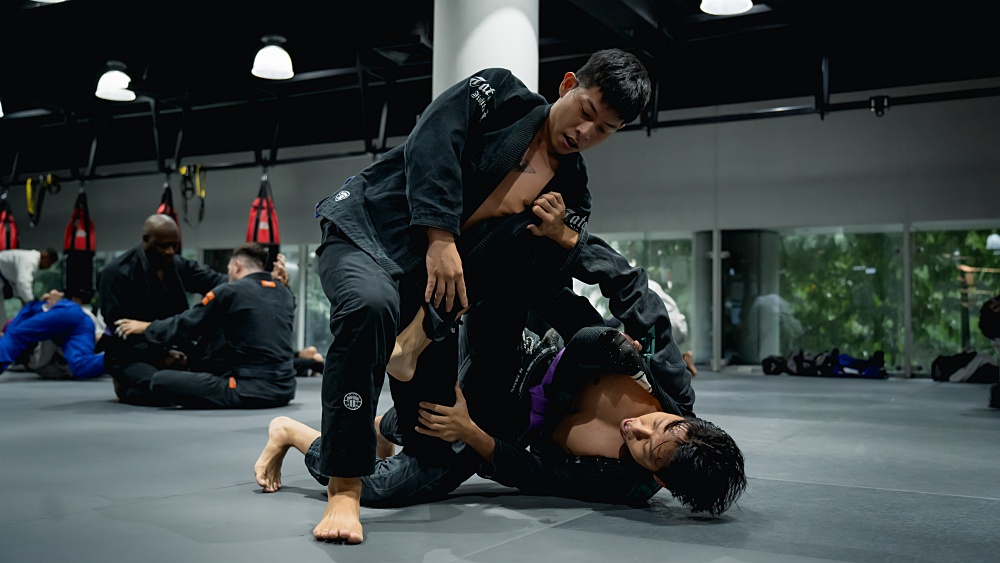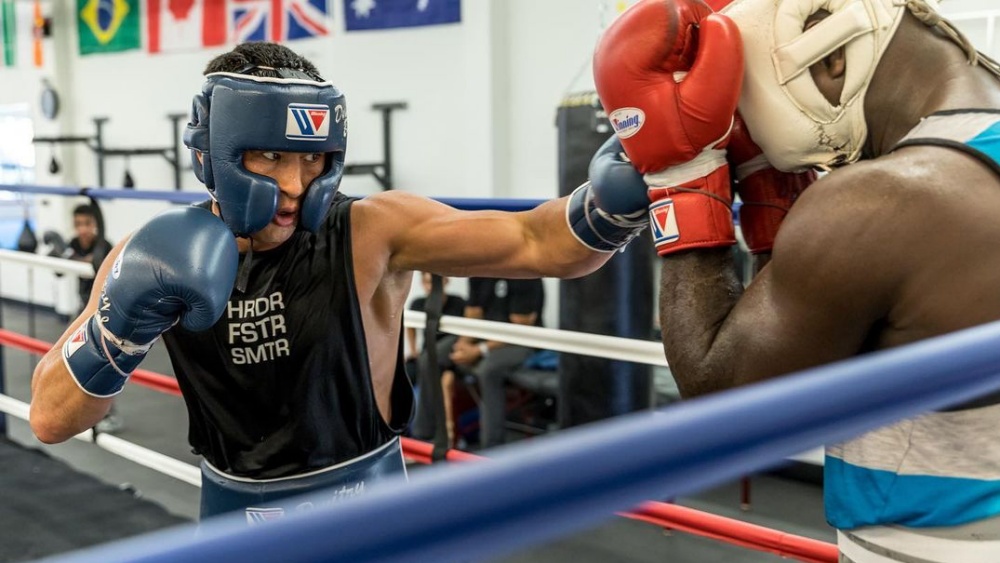Bruce is arguably the most famous martial artist of the 20th century, and for many good reasons. He was one of the world’s first mixed martial artists before MMA even became a sport. Lee’s curious mind and humility allowed him to embrace various martial arts at a time when most only focused on one style.
Don’t blame the martial arts old heads for their stubbornness. The old saying, “Jack of all trades, master of none,” remains popular for a reason. People who focus on only one martial art tend to develop a mastery that people who dabble in various martial arts never reach. The prime example of this in real life would be the Floyd Mayweather vs. Conor McGregor super fight. McGregor came to the contest as a mixed martial artist with well-rounded fighting skills, while Mayweather had focused only on boxing since his childhood. No one was surprised when Mayweather emerged victorious.
Still, anyone who wants to be the best fighter they can be would be wise to train in multiple combat styles. Lee understood this, and he was one of the first famous martial artists to encourage that type of thinking. Bruce Lee wanted martial arts tournaments to mimic real-life fights. He wanted martial artists to be able to defend themselves in self-defense situations effectively.
If Mayweather and McGregor got into a street fight, the odds would clearly be in McGregor’s favor.
That’s what martial arts have always been about: winning the fight. At the time many of these ancient arts were developed, losing a fight could be the difference between life and death. It was never about scoring points or setting restrictive rules like only allowing punches. That reality has a lot to do with the current popularity mixed martial arts currently enjoys. Spectators instinctively know MMA is the closest thing to actual combat.
How Bruce Lee Became One Of MMA’s First Superstars
Bruce Lee started training in Wing Chun at 13 in Hong Kong and kept it up for the rest of his childhood. He also received boxing and fencing instruction from his brother, Peter Lee. Bruce’s exposure to multiple combat arts early on in life gave him a unique perspective on combat as he merged them and improved on some of their techniques.
Lee was a competent martial artist by the time he was an adult and migrated to the U.S., but that didn’t fool him into thinking he could take on any challenger. Lee doubted the effectiveness of many martial arts in real fights, so he started looking at them scientifically to figure out areas he could improve on. He eventually developed a unique fighting system dubbed Jeet Kune Do.
The legend of Bruce Lee starts with the new system he developed. Lee signed up for many competitions to test his theory, and he refused to stick to any one style during his matches. Lee added effective techniques that would be useful in combat regardless of where they came from. Many of these techniques are now part of mixed martial arts.
Bruce Lee’s approach to fighting led to some controversy during his competitive years. He used takedowns, ground-and-pound, and submissions. You can even watch Lee use some of these techniques in films like Enter the Dragon.
The success Lee enjoyed because he refused to stick to one martial art led to him coming up with a theory that styles hindered fighters, and there was no one ultimate fighting style. That led to him renouncing Jeet Kune Do. Lee’s fighting philosophy is simple; fighters need to figure out which techniques work most effectively to reach their true potential.
The Impact Of Lee’s Thoughts
Lee’s views on fighting first impacted how Karate tournaments operated. Back in the 60s, the most popular combat sport in the U.S. was Karate, and Lee felt that it was no more than glorified shadow sparring. The contests were too restrictive, and they didn’t prepare karate practitioners for real combat.
Lee was frustrated with this form of competition as he felt it prevented fighters from reaching their potential. That led to him developing sparring gear that protects the face and body, giving fighters a safer way to train for full-contact fighting.
Bruce Lee introduced his gear at several Karate tournaments and pushed them to move toward full-contact matches. Lee wanted these tournaments to be accurate representations of real life. He felt the winner of a tournament should also be the person who emerges victorious if all rules were thrown out of the window. Little did he know that would lead to a new fighting system decades after his death: mixed martial arts.
How MMA Embraces Bruce Lee’s Philosophy
Mixed martial arts has emerged as the most popular combat sport in the past decade. Many expect it to eventually take over boxing’s status as the most popular martial art. We might even see mixed martial art competitions in the Olympic Games someday.
Mixed martial arts separates itself from other martial arts by keeping rules to a minimum. Punches, kicks, elbows, and knees are all fair game.
MMA started with almost no rules. It’s a derivative of the Brazilian combat style Vale Tudo. The first few mixed martial art tournaments had almost no rules. Eye gouges, groin shots, and headbutts were all allowed during those days, and there were no time limits.
However, that limited the sport to a niche fan base who enjoyed the brutality. It was viewed as barbaric and made illegal in many places. The Ultimate Fighting Championship, the first MMA promotion in the U.S., started to codify the sport to make it more acceptable to the masses and authorities. Time limits were introduced, and dirty moves like eye gouges were banned.
It was a slight move away from Bruce Lee’s philosophy, but the legend would have probably done the same thing if he ran an MMA organization. The restrictions protected the competitors while making the sport less brutal. These rule changes eventually got us where we are today. Mixed martial arts is now internationally recognized as a legitimate sport and covered by all the major networks.
Modern mixed martial arts remains true to Lee’s philosophy. It provides an environment where competitors can compete as if it were a real fight. No one doubts how effective MMA techniques are in real combat.
You may also like:

